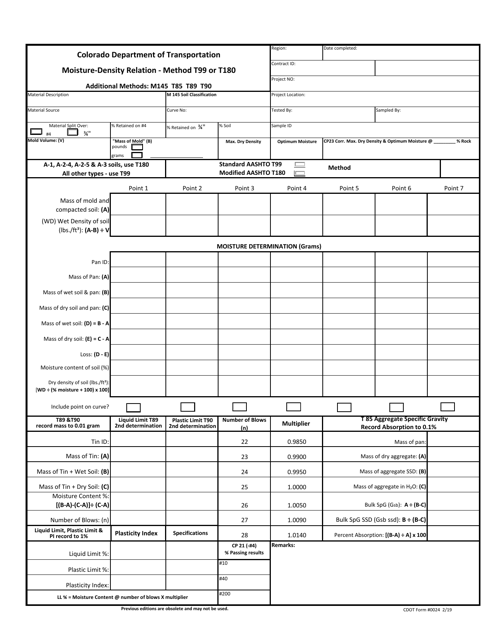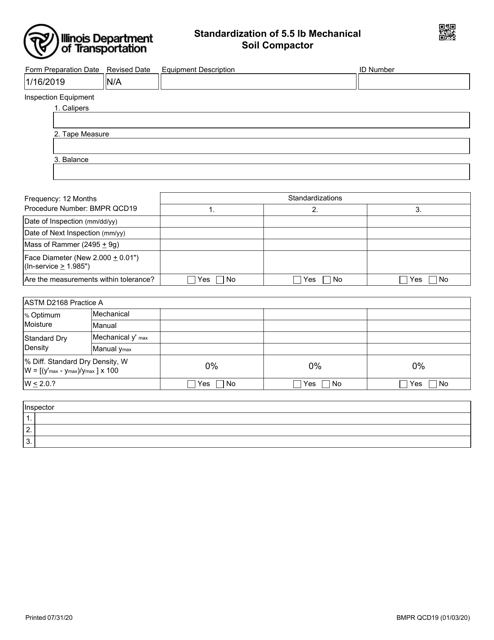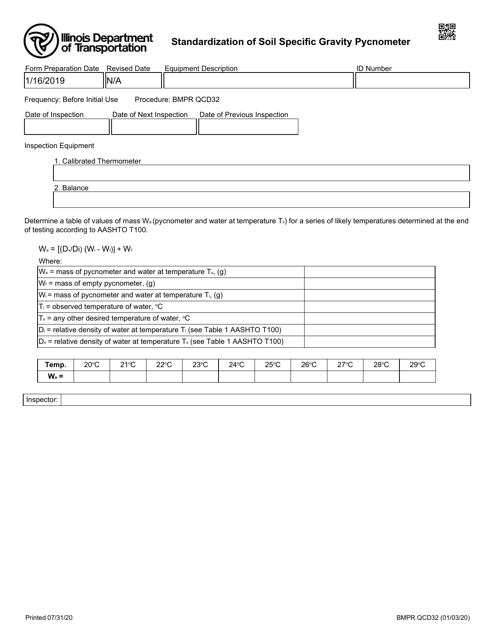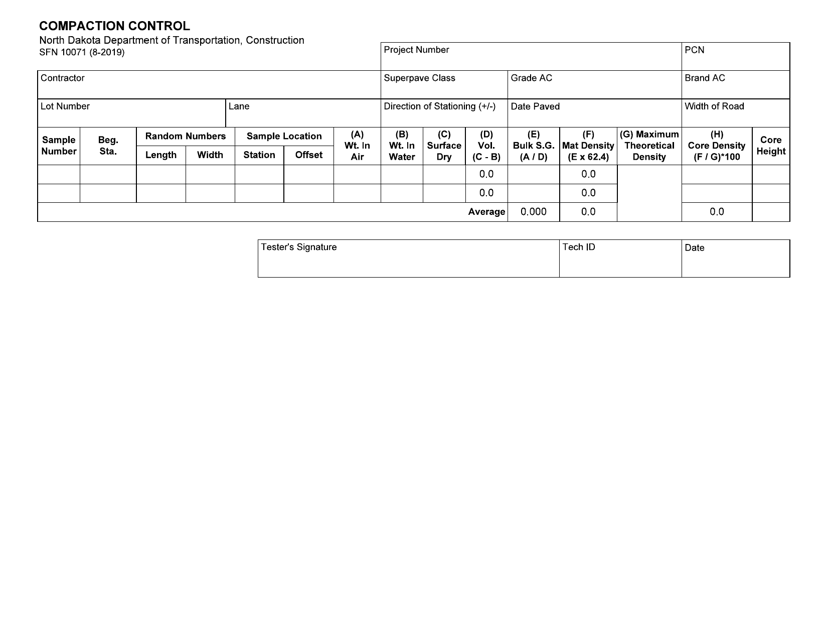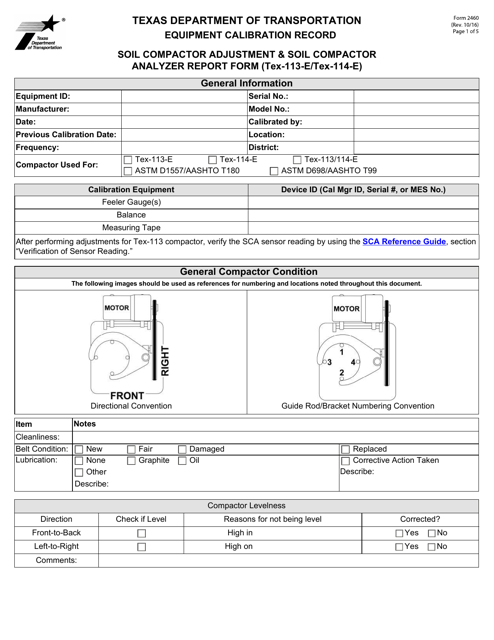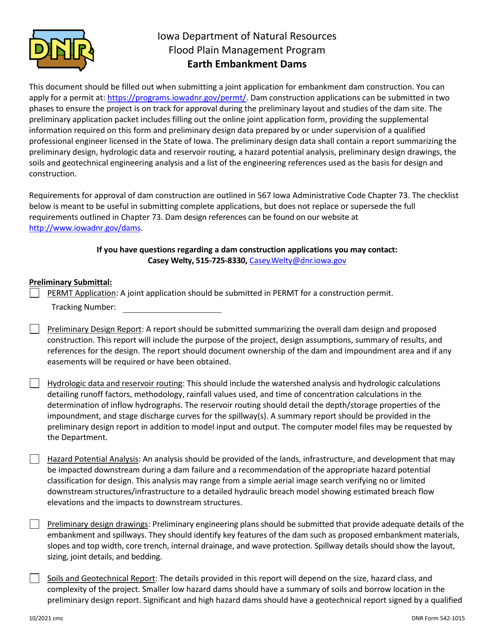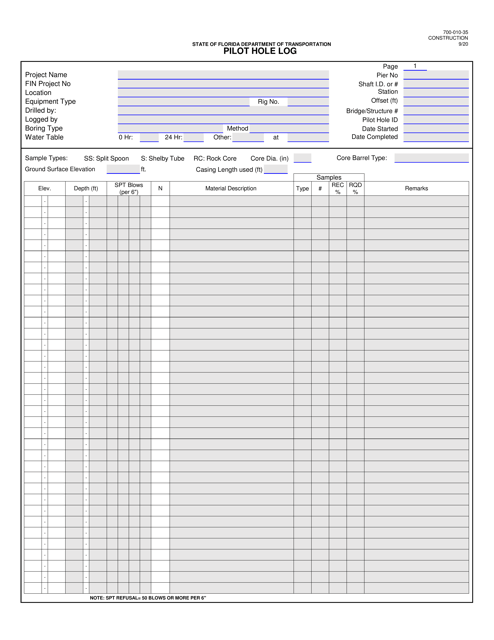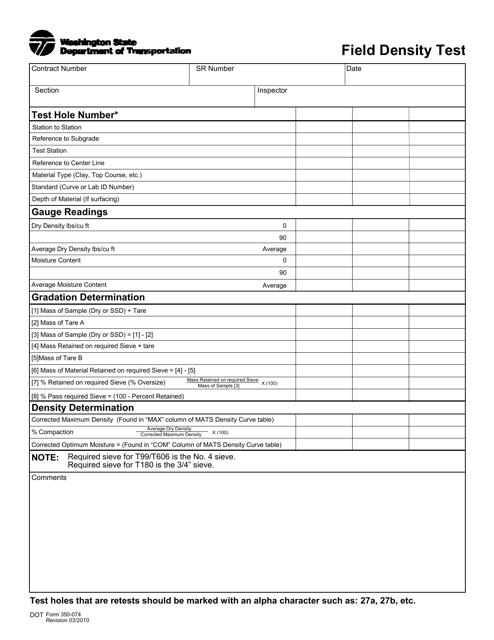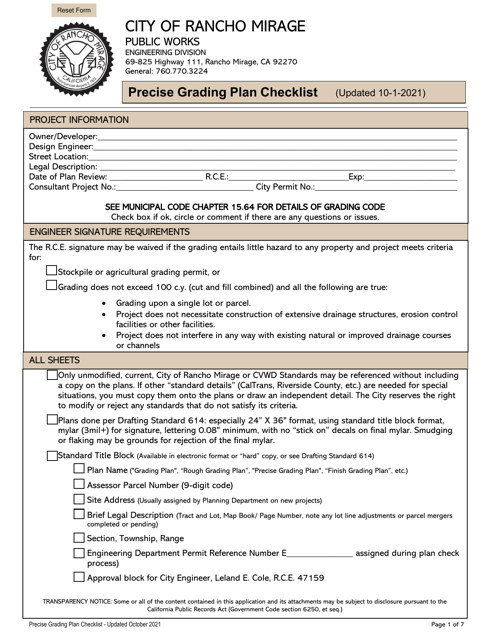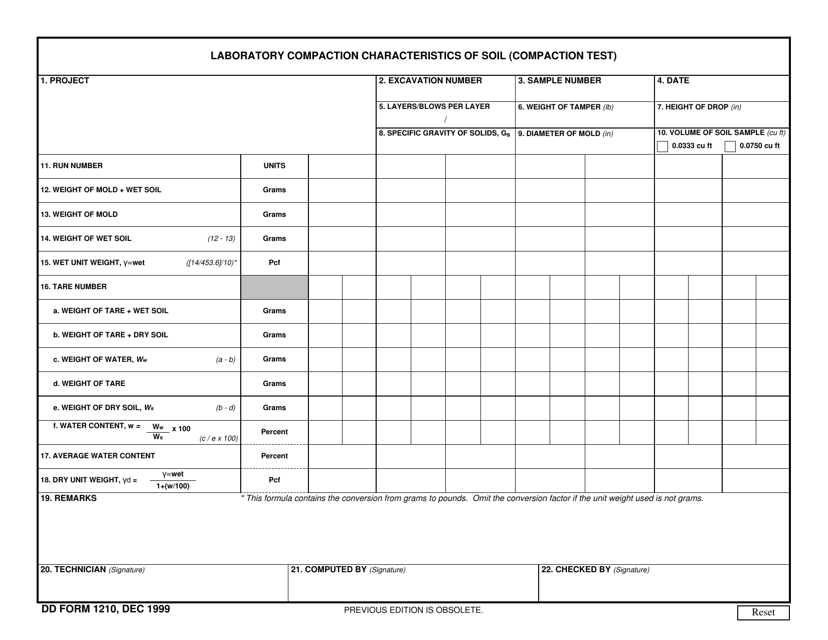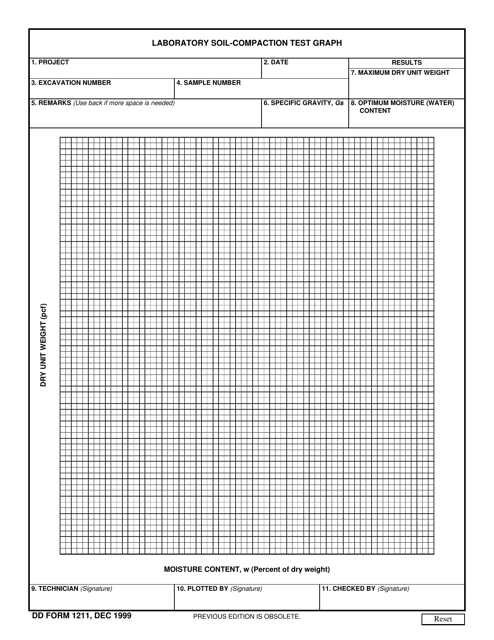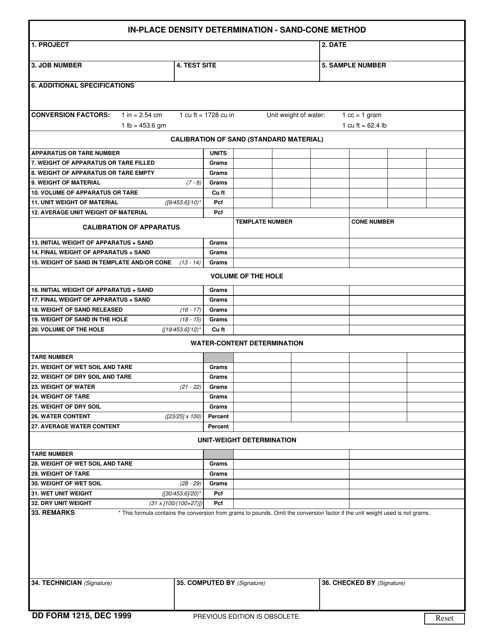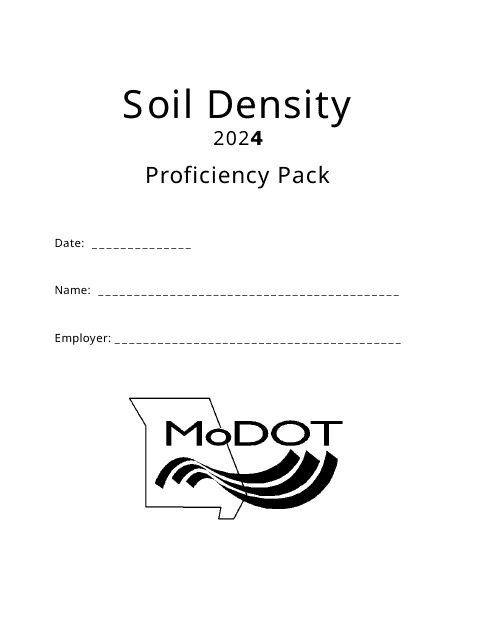Soil Compaction Templates
Looking for information on soil compaction? You've come to the right place. Our collection of documents on soil compaction provides a wealth of knowledge on this important topic. Whether you're a contractor, engineer, or just an interested individual, these documents will help you understand the impact of soil compaction and how to effectively manage it.
Our documents cover a wide range of topics related to soil compaction. From compaction control guidelines to soil compactor adjustments and analyzer reports, we have you covered. We also provide resources such as precise grading plan checklists and laboratory soil-compaction test graphs, giving you the tools you need to ensure proper soil density.
Don't miss out on our Soil Density Proficiency Pack, specifically designed for those in Missouri. This comprehensive resource will equip you with the knowledge and skills to accurately assess soil compaction and make informed decisions about soil management.
Soil compaction is a critical aspect of construction and land development. It affects the stability, fertility, and water-holding capacity of soil. With our collection of documents, you can stay informed about the latest techniques and best practices for managing soil compaction effectively.
Whether you're in North Dakota, Texas, California, or anywhere else, our documents on soil compaction will provide valuable insights and guidance. Take advantage of this valuable resource today and ensure that your projects are built on a strong foundation.
Documents:
13
This Form is used for determining the moisture-density relationship of soil samples in the state of Colorado using either Method T99 or Method T180.
This document outlines the standardization process for a 5.5 lb mechanical soil compactor used in Illinois. It provides guidelines for ensuring consistent and accurate compaction of soil samples.
This form is used for the standardization of a soil specific gravity pycnometer in Illinois.
This form is used for documenting and controlling compaction activities in North Dakota. It is typically used in construction projects to ensure that compaction of soil and other materials meets the required standards for safety and structural integrity.
Form 2460 Soil Compactor Adjustment and Soil Compactor Analyzer Report (Tex-113-e/Tex-114-e) - Texas
This document is for making adjustments to a soil compactor and analyzing soil compaction. It is specifically used in the state of Texas.
This form is used for performing a Field Density Test in the state of Washington. It is used to determine the density of soil or asphalt materials for construction projects.
This document provides a checklist for the precise grading plan in the City of Rancho Mirage, California.
This form is used for conducting a compaction test on soil in a laboratory setting. It helps determine the characteristics of soil compaction.
This type of document is used for recording and analyzing the results of laboratory soil-compaction tests. It helps in evaluating the compaction characteristics of soil samples.
This document is used for determining the in-place density of soil using the sand-cone method.

